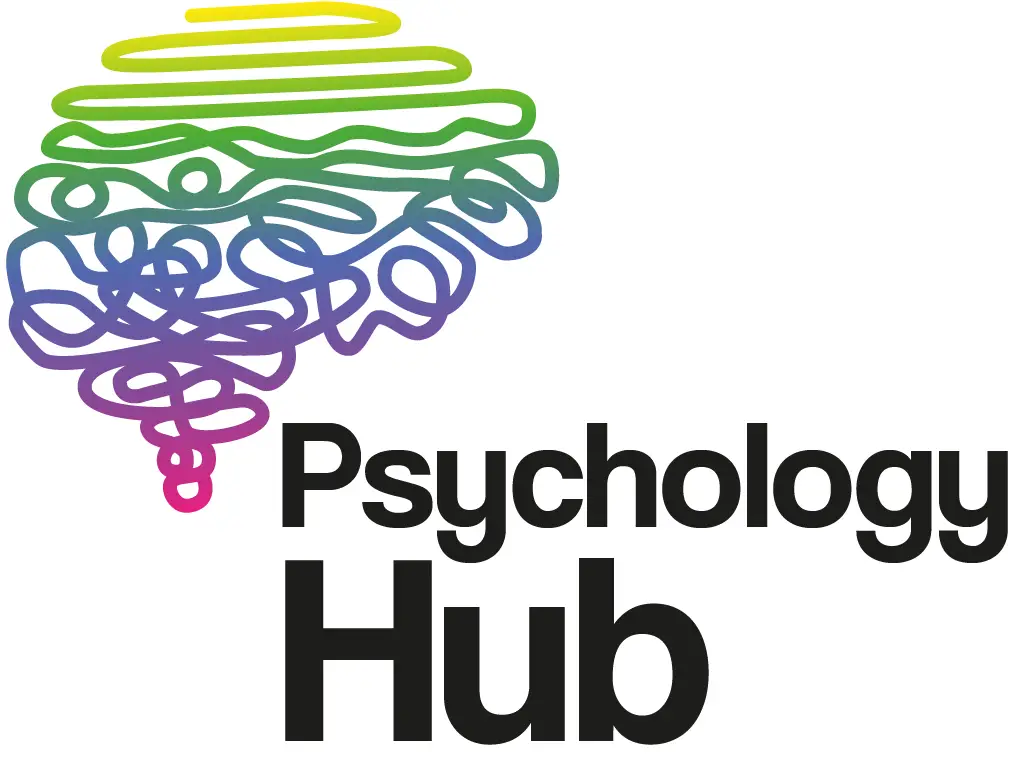If you are studying psychology at A level or beyond, you are likely to study cognitive psychology at some stage. As a part of this, you will learn how memories are formed and stored, which will no doubt come in useful when it comes to exam and revision time. Here are some of the key terms you need to be familiar with.
Active processing
This refers to the way the mind processes information, in order to make sense of it or to manipulate it so that fits in with past knowledge and experiences. It’s a way of putting information in context, filtering out the relevant parts, or making evaluations and judgements, rather than just passively storing the information.
Articulatory control process
This refers to the way the mind keeps new information circulating, until we have learnt it. The words travel on a phonological loop, so that when we need to recall a phone number, for example, we can draw on the working memory.
Chunking
This is the process of taking individual pieces of information, and grouping them into larger units, in order to increase the capacity of the memory. This also makes it easier to retain larger amounts of information, and recall it more easily.
According to the Very Well Mind website, most people are able to retain an average of four chunks of information in the short term memory. An example of using chunking is breaking up a phone number into smaller groups of digits, rather than storing one long number, which few people find easy to do.
Capacity
This refers to the overall maximum amount of information which an individual can receive or retain, and still be able to carry out a meaningful task. Some psychologists believe that capacity can be increased through chunking.
If you are looking for a case study psychology, please visit our website today.

